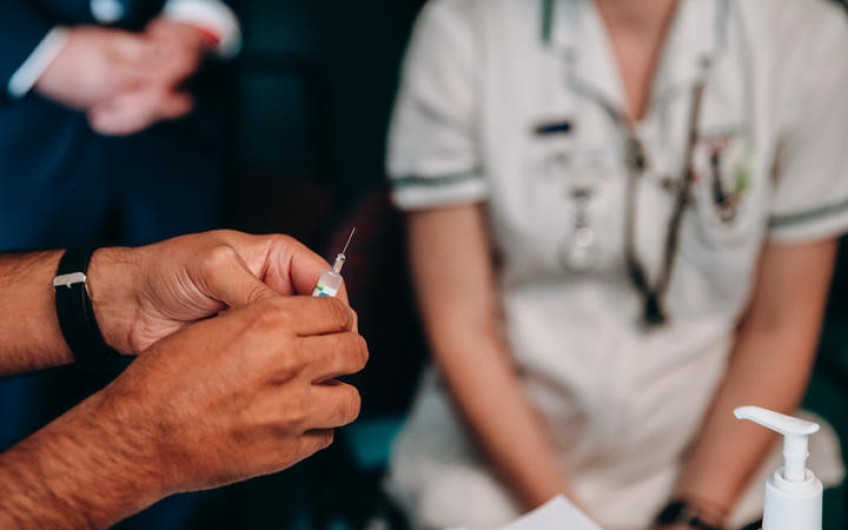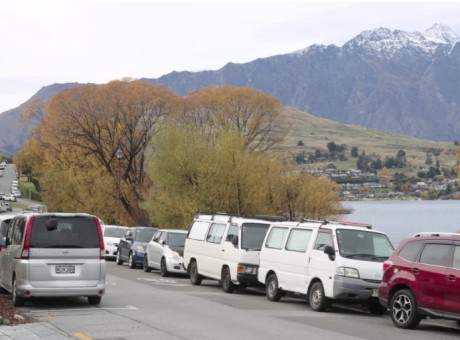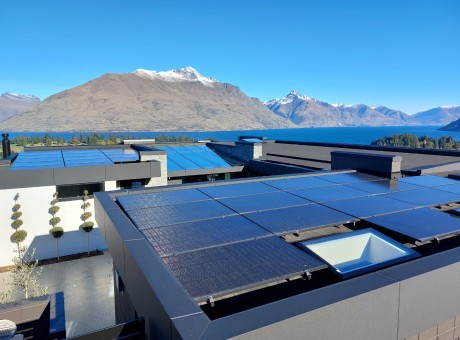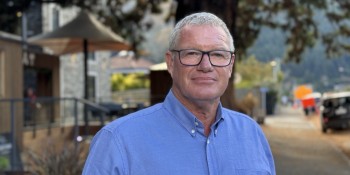When will a Covid-19 vaccine be available in New Zealand?

Vaccines for Covid-19 could be at least 12 to 18 months away from wide distribution according to the world's leading scientists, but that doesn't mean they aren't moving at breakneck speed trying to develop them.
Right now there is no vaccine available for Covid-19 - a new coronavirus disease - which means that scientists around the world trying to develop vaccines are starting from scratch.
New Zealand's foremost experts in viral immunology are working closely together, and with other countries, to combine their knowledge and resources, yet Auckland University immunologist Rod Dunbar said people's expectations may need to be tempered.
"We all feel incredibly responsible to do all we can, however, in terms of our actual work, we are hesitant at this stage to share too much detail because we don't want to over promise," Dunbar said.
He said the timeframe of 12 to 18 months could theoretically be accelerated, but people must plan for at least an 18-month wait.
"You just can't predict what clinical trials are going to tell you, and early vaccines that aren't thoroughly tested can come with side-effects or potentially make the virus worse - so we have to be careful."
Follow our live blog for all the latest coronavirus updates
Graham Le Gros is the research director of the Malaghan Institute - a world-leading biomedical research institute based in Wellington - and fears 18 months may be a conservative prediction. Some vaccines can take more than a decade to safely develop.
"We really are blind on this one. I think 18 months is quite optimistic," he said.
"But it's just a virus. We'll get this thing. Obviously, it's a great challenge, but there are wonderful technologies now that means something will come up."
Trials around the world are slowly shifting into gear.
In Seattle this past week, 45 healthy volunteers began taking part in a six-week human trial against Covid-19, but it will be many months to know if this vaccine, or others in development, are effective.
But the good news is that Dunbar said vaccine development is far from resembling a "space race".
"There are some commercial imperatives, such as companies wanting to sell vaccines - so they won't share everything they know, but in terms of work being done targeting the virus, we're looking at an unprecedented speed and international collaboration. The fact that China has shared information has been incredible," he said.
"Information is being shared in academic publications, but without any barriers to access. There is a massive coordination effort."
He said the vaccine that comes first is likely to be the one that is both safe and effective, but also able to be "scaled up". In other words, which vaccine allows for the quick production of doses for massive global communities.
Read more about the Covid-19 coronavirus:
A timeline: How Covid-19 started, spread and stalled life in NZ Self isolation - your questions answered Touching your Face: Why do we do it and how to stop More Covid-19 news
Le Gros expects multiple different vaccines to be produced and distributed. Certain vaccines may only be effective for certain people. As of a week ago, the World Health Organisation's website listed 41 candidate vaccines in development.
His Malaghan Institute, which started to look closely at Covid-19 about three weeks ago, has applied for a grant from the Health Research Council and hopes to put together a programme of its own. The institute can assist in vaccine development via its ability to test on mice.
"We've been living for almost 100 years in some sort of vaccine-protected world and we haven't really had any infectious agents that we are completely susceptible to, like this, for a long time," he said.
There is research showing that those who recover from Covid-19 are protected from reinfection for a long time, although this assumption isn't yet backed by definitive evidence.
"The fact that there are reports that most people who are recovering are now well, is good, and those people are effectively super-charged against the virus," Dunbar said.
But even if infection rates drop, the importance of developing a vaccine is still crucial.
"We don't yet know enough about this virus - we may not have lifelong immunity - and that's why vaccines can be effective down the track. Viruses like these are designed to survive," Le Gros said.
"If the virus changes every year, we may end up having a coronavirus season every year and different immunity shots will be needed."






















